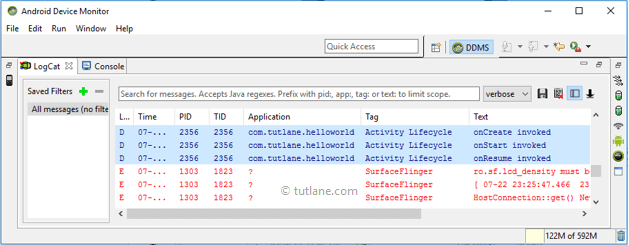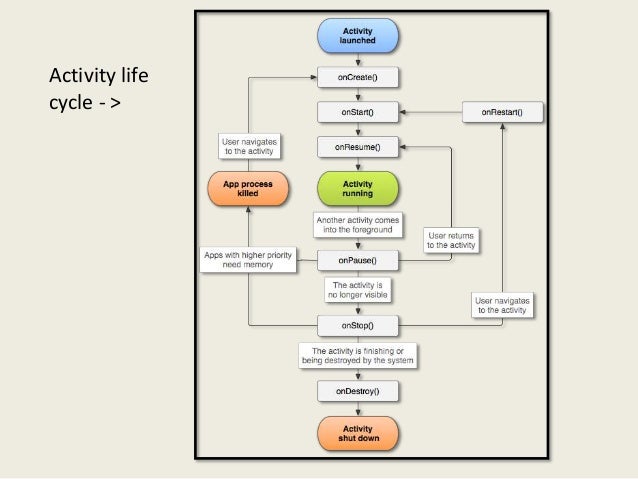

- #Android life cycle turn off device full#
- #Android life cycle turn off device android#
- #Android life cycle turn off device software#
Read our full Hammerhead Karoo 2 review.With a high-end processor and screen to run, the Karoo 2’s battery life isn’t great at around eight hours though.
#Android life cycle turn off device software#
Instead, Hammerhead interfaces to third-party software such as Strava or TrainingPeaks for any more detailed post-ride analysis. The phone app just passes data back and forward to the Karoo 2 without any user interface and the web app has limited functionality, although it does let you plan or import a route and keeps a record of your rides, routes and workouts. The Karoo 2 is currently the only cycling computer that gives you climb profiles on the fly as you ride, so there’s no need to pre-plan a route to display gradient and distance to the top. The resolution of the sharp colour touchscreen is also much greater than competitors.
#Android life cycle turn off device android#
It’s based on an Android operating system, which gives you fast screen response and Android-style fields and gestures. The Hammerhead Karoo 2 does things a bit differently from other cycling computers.

Training data: A huge number of training metrics including training status and load, VO2 Max and recovery time.Navigation: Full colour with turn-by-turn routing and rapid rerouting.

Sometimes you have to call restart the same activity using NEW TASK and CLEAR TASK flags using intent, when this state occurs and there is no chance that otherwise onStart is going to be called.The new Edge has solar charging. It clearly states that after the onSavedInstancState or onStop is called the UI becomes immutable till the onStart of the Activity is called again. The right time to do this is before onStop or onSavedInstance state is called, and your components will be made aware of it. LifeCycle listener will do it for you.Īll you have to do is stop introducing a new fragment or stop any Loader that updates the UI when its response returns. That means you do not require an abstract baseActivity class which overrides every life cycle callback, and record that state in a boolean variable.

The library makes the components Activity Life Cycle aware. A better explanation is presented in a new Android developer reference and guide documents for using JetPack Life Cycle Listener.


 0 kommentar(er)
0 kommentar(er)
